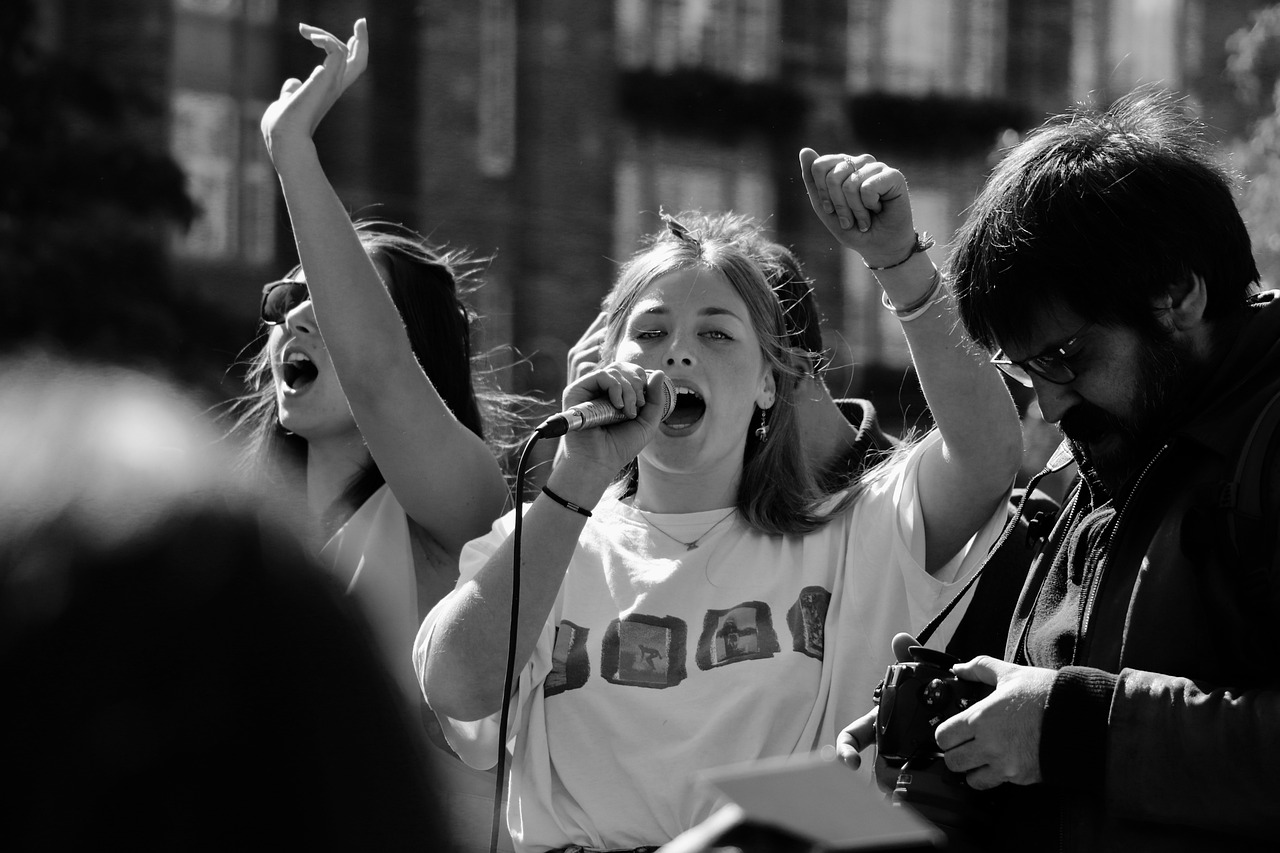The Greta-Thunberg avalanche is neither new nor surprising, but it encompasses many more elements than just Greta.
Great and her influence are powered by millions who sympathise with her, share her concerns and admire her courage, but, above all, who blindly trust her judgment. These people go to the same stores like us, they walk the same streets. Chances are high that the lad sitting next to you at McDonald’s somehow ended up in this environmentalist boat too. But they are just numbers. We don’t know their names, what diseases they have, what they eat, how they travel, or how old they are.
We all know Greta though. That’s why it’s easy to blame her.
Greta seems to have opened the Pandora’s box: she is a thunder-like reminder of many of the flaws of the system we live in that have been there for a long time. Let me ask you: would Greta’s success have escalated as fast as it did if there were no favourable preconditions for it? Crops don’t grow on non-arable land, do they?
Extreme focus on the individual and insufficient attention paid to the context is a very old Western tradition that has impacted our worldview more than we can imagine. After all, it’s much easier to single out an individual and to admire or hate him than to consider all the various elements that influenced his place in the world, and how these are intertwined. We love to simplify things.
Greta’s story is one of the few examples of this mistake we repeatedly make.
Asking what comes first – Greta or millions of people sharing her views – is pretty much a chicken-egg problem. Instead of trying to establish a clear dichotomy, we should probably start to see it as a cycle: one fuels the other. Therefore, we should be equally mindful of the two key components – there is, of course, many more – and of the relationship between them.
While the variables are numerous, education and media exposure top the list.
Education is very country-specific, but the tendency to overlook the importance of teaching kids to think critically is rather globally shared. Erich Fromm famously wrote, “Education makes machines which act like men and produces men who act like machines.”
The issue has been there for ages, and yet its dangers have become particularly explicit as we’ve moved into the Information Era. As new technologies continue to emerge, access to knowledge as become widely available through online books and MOOC courses. What a time to be alive!
It, however wouldn’t be possible unless facilitated by an increased supply of readily available information. Back in the day, educational establishments existed mainly to provide knowledge because there was a shortage of information sources. Now, when we have an instant flow of information from all corners, the role of education should be to teach us to filter it. The ability to scroll through Facebook feed and distinguish between actual news and their subjective framing is the first crucial step.
Ideally, the questioning stage should follow. However, since time is an asset and we usually have other more important and urgent priorities in life than climate change or any other issue topping the charts, we shouldn’t expect everyone to drop everything and delve into it. Sometimes it’s better not to have an opinion than to stick to the one adopted by default.
Due to unfiltered information overload, we become slaves of the views dominating the discourse sometimes without realising it. Psychologists, such as Robert Zajonc, have built on the mere exposure effect phenomenon. The concept claims that we develop preferences for things we are continuously exposed to as we become familiar with them. Repetition of particular ideas enforced through a set of digital tools conceals much danger, especially when the costs of dissemination are very low. With every problem comes an opportunity though.
In order to challenge a well-spread damaging belief such as climate change alarmism, it is not enough to create a counterforce. We should aim to sustain a competitive marketplace of ideas without a single monopolist able to easily manipulate public opinion.
Greta didn’t obtain this monopoly by force. She and her ideas are the result of the tide of information and insufficient attention of our education systems to how it impacts our life. In its turn, Greta and her rhetoric brings us back to the cycle again: she exposes millions of people to her ideas some of whom might very well become Gretas of tomorrow.
Instead of trying to silence Greta or attack her personality, we should probably disperse our attention and target these other factors that made her rise happen. This would allow us to shatter the roots that weren’t strong enough to prevent her ideas from growing.
Greta Thunberg really is just one brick of the problem much greater in scope and way more dangerous.
This piece solely expresses the opinion of the author and not necessarily the organisation as a whole. Students For Liberty is committed to facilitating a broad dialogue for liberty, representing a variety of opinions. If you’re a student interested in presenting your perspective on this blog, click here to submit a guest post!
Image: Pixabay
